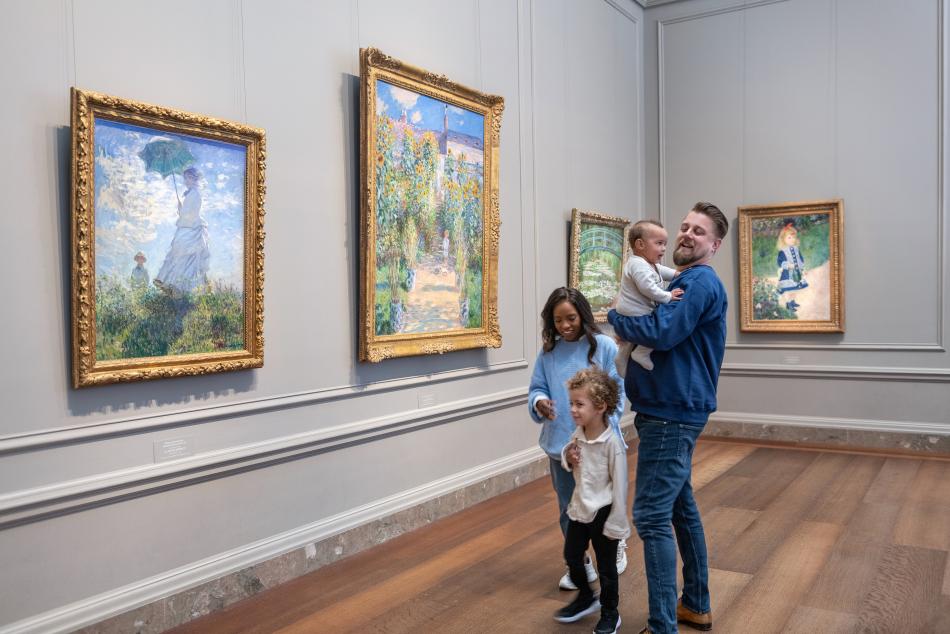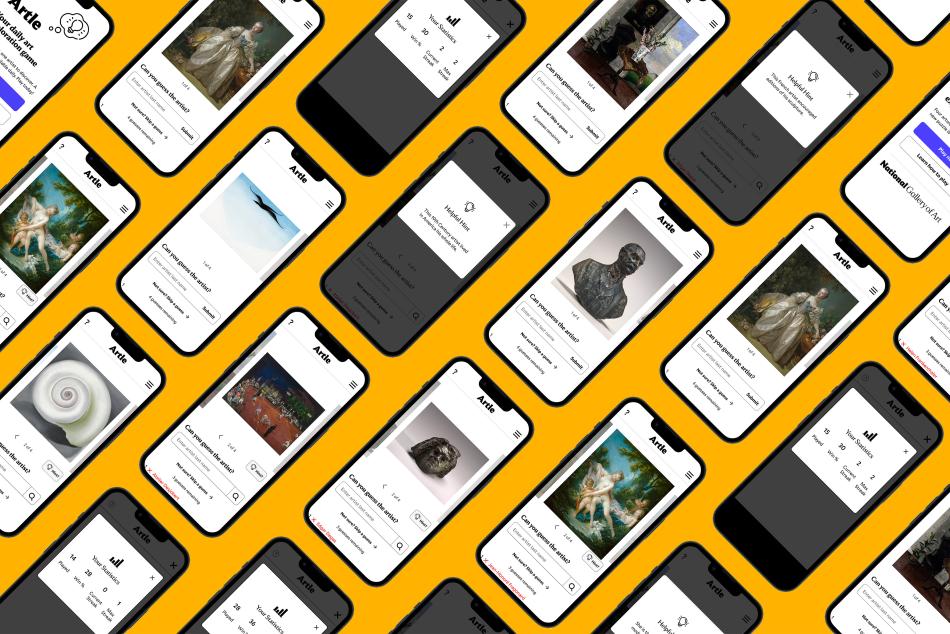Perspective Taking through Art
Art can be a powerful tool for cultivating empathy, respect, and self-awareness. Students will experience two or three works of art from different perspectives on this field trip using creative writing, visual note-taking, and movement techniques.
Students will be encouraged to think critically, as a group, about the multiple perspectives that exist within and around a work of art. They will attempt to step into the shoes of the artist or a figure represented in a work of art—and consider the different experiences and viewpoints they discover in the process.
Duration
90 minutes

Looking and Learning Skills
On this field trip, students will explore two or three works of art from different perspectives using creative writing, visual note-taking, and movement techniques. Students will practice the following skills:
- Making and articulating careful observations.
- Formulating questions that demonstrate curiosity and connection through empathy.
- Examining works of art from the perspectives of peers, the artists, and the people in the art.
- Reasoning with evidence from the works of art themselves—developing narratives based on what's seen in the work of art.
- Connecting new ideas to prior knowledge and personal experience.
Examples of Works Featured on this Field Trip
You may also like

Educational Resource: Exploring Identity through Modern Art
How do artists draw on memories and experiences to create art that reflects their identities? How does an artist’s connection to place spark inspiration? Through guided looking, sketching, and writing activities, students will consider how artists explore identity through their art.

Educational Resource: Spanish Art
During this two-building field trip, students explore and compare and contrast the style, subject matter, and technique of artists ranging from El Greco to Picasso.

Educational Resource: Breaking the Rules
What is modern about modern art? Students investigate how artists "break the rules" when they depart from realistic representation, use innovative techniques, and engage the viewer as a partner in creating meaning-making.







